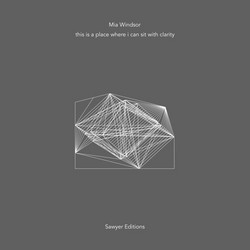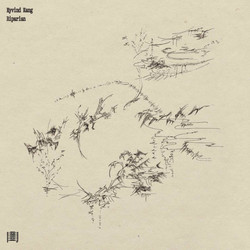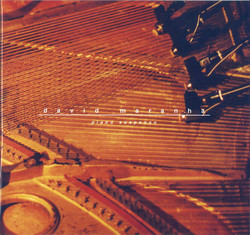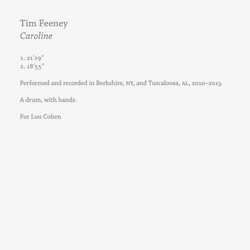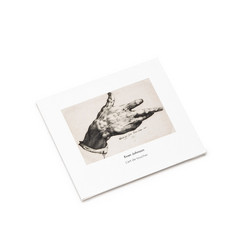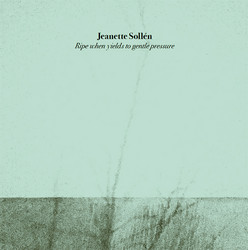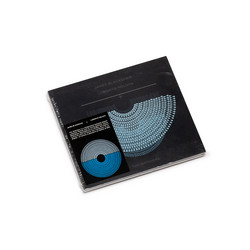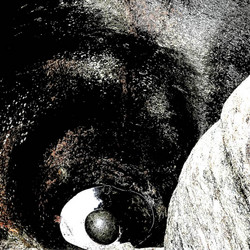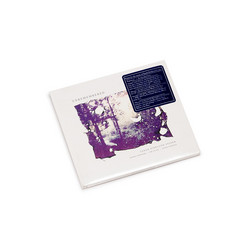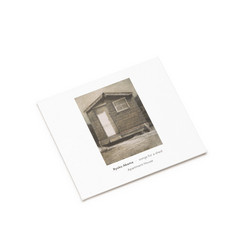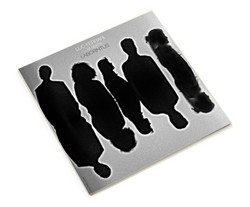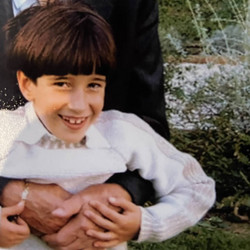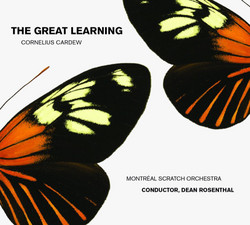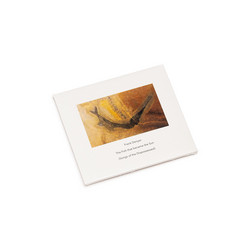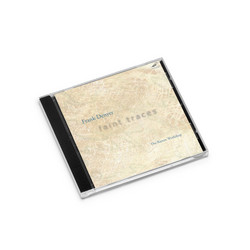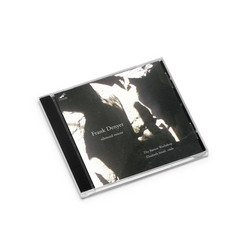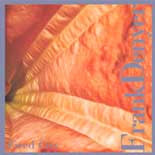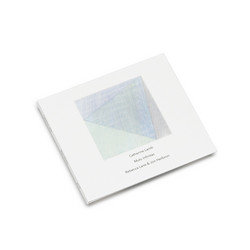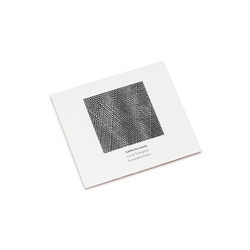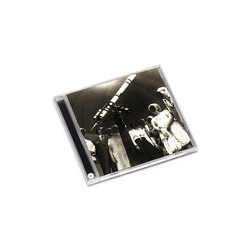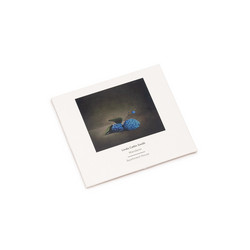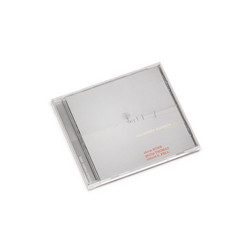Four works spanning two decades document an extraordinary musical collaboration between British composer Frank Denyer and shakuhachi master Yoshikazu Iwamoto. They met at Wesleyan University in Connecticut in 1974, where Denyer was a doctoral student in ethnomusicology and Iwamoto artist-in-residence in the World Music programme. What emerged is a folio of compositions that run like a vein through Denyer's output - a body of work unique in contemporary music.
Denyer was not interested in east-west synthesis. These works are very different from traditional Japanese repertoire yet far also from the concerns of contemporary western composers of the time. Rather than exercises in cultural fusion, they are musical spaces not yet identified on any map. The compositions are notoriously difficult, requiring almost inhuman control of an already very difficult instrument, forcing the player to create new techniques.
On, on - it must be so (1977-78) is driven and dynamic, with the shakuhachi's agile gymnastics egged on by castanets and bass drum. The music sounds tough to play, with a lurking sense of the performer leaping through hoops. Quite White (1978) offers a solo built from serene, swooping glissandos - restrained dynamics at the top of the instrument's range played with remarkable pianissimo control. Wheat (1977-81) comprises six short pieces where Iwamoto's shifting tone colours and ambiguous pitches are complemented by delicate tapping on stones, bamboo slit drums and steel plates.
The centerpiece is the 45-minute Unnamed (1997), a piece with legendary status among shakuhachi players. As Clive Bell wrote in The Wire: "Unnamed may be a pianissimo epic, but it's strongly structured and sustains the interest... Denyer patiently explores an extraordinary range of timbral colours, from quavering in-breaths to gasps of sobbing notes." In the mid-1990s Denyer's music entered a new phase of extreme concentration on quiet sounds so soft and delicate they seem in danger of disappearing altogether. Boris Wlassoff in Revue et Corrigée called it "a hymn to tranquility, an aural ataraxy which brings us to the power of serenity."
Iwamoto retired from playing after serious illness, making this 1999 recording precious. His fearless dedication to deciphering Denyer's challenges, his dexterous rendition, his skill at playing pianissimo in registers where most players can only produce forte - all create music of rare beauty and otherworldly serenity. A landmark recording, a testimony to collaboration that took shakuhachi playing to new levels. Essential.

